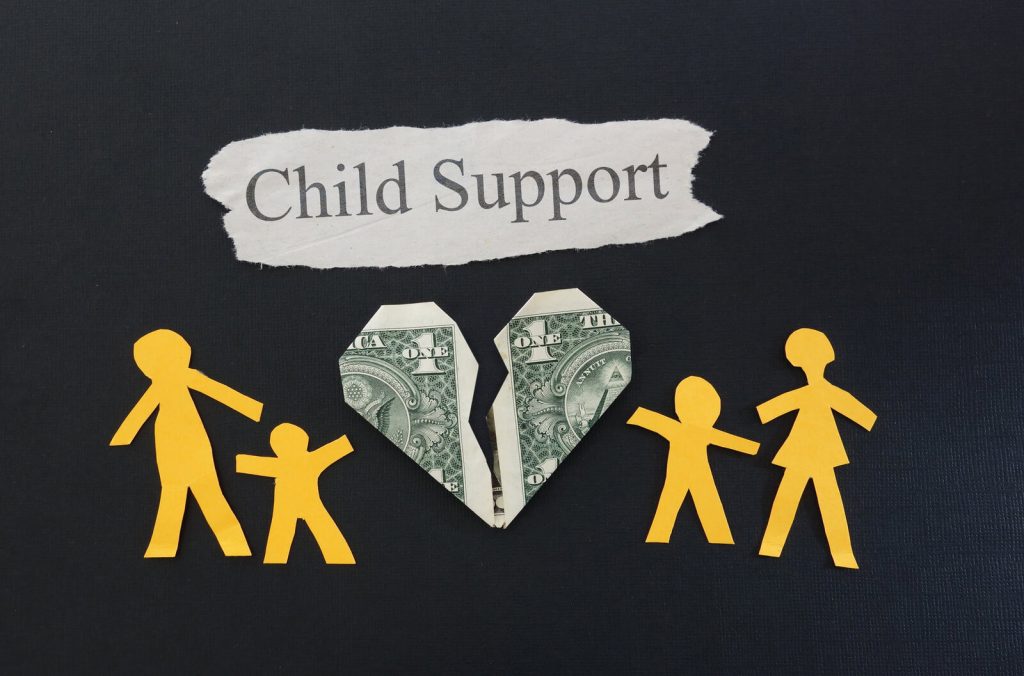As a Family Law Firm that has worked with many clients going through a divorce, We have seen firsthand the tactics that narcissistic individuals can use when their marriage comes to an end. Narcissists have a personality disorder that is characterized by a grandiose sense of self-importance, a lack of empathy for others, and an excessive need for admiration. When you divorce a narcissist, it’s important to be aware of their behavior and how it can impact the legal process. In this blog, I will provide insights from experts on what a narcissist will do when you divorce them.
- They Will Try to Control the Narrative: Narcissists want to control the way they are perceived by others, so they will often try to control the narrative of the divorce. This can include spreading rumors or lies about their ex-partner, making false accusations, or playing the victim. According to experts, narcissists may also try to present themselves as the more rational or reasonable party, even if the opposite is true.
- They Will Try to Manipulate You: Narcissists are skilled at manipulating others to get what they want. During a divorce, they may try to manipulate their ex-partner by using guilt, intimidation, or emotional blackmail. For example, a narcissistic ex may threaten to harm themselves or others if their demands are not met. Experts suggest that it’s important to set boundaries and stick to them, and to avoid engaging in arguments or discussions that could be used as ammunition against you.
- They Will Try to Drag Out the Legal Process: Narcissists thrive on attention and drama, so they may try to drag out the legal process for as long as possible. They may do this by refusing to cooperate with requests for information, filing frivolous motions, or making unreasonable demands. Experts suggest that it’s important to have a clear strategy and to stay focused on your goals, even if it means making compromises.
- They Will Try to Use the Children as Pawns: Narcissists see their children as extensions of themselves, so they may try to use them as pawns in the divorce. This can include trying to turn the children against their other parent, using the children as messengers, or making false accusations of abuse. Experts suggest that it’s important to keep the focus on the children’s best interests, and to avoid engaging in any behavior that could harm them.
- They Will Try to Punish You: Narcissists have a strong need for revenge, so they may try to punish their ex-partner during the divorce. This can include withholding financial support, refusing to comply with court orders, or making false allegations. Experts suggest that it’s important to have a solid support system, including a therapist and an attorney who can help you navigate the legal process.
In conclusion, divorcing a narcissist can be a challenging and complex process. It’s important to be aware of their behavior and to have a clear strategy for protecting yourself and your interests. By working with a qualified attorney and therapist, you can successfully navigate the divorce process and move forward with your life.









